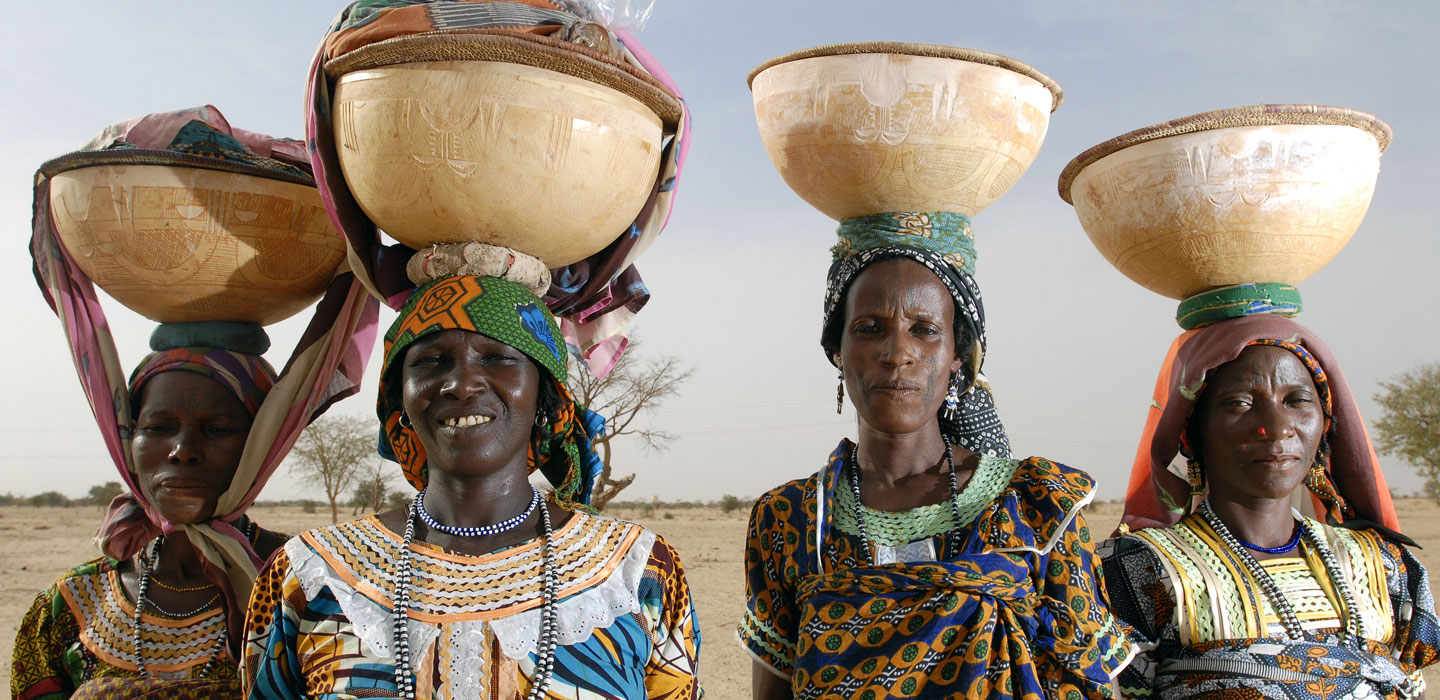Tools and guidelines
Tools and guidelines

Tools and guidelines
Menu Display
SearchResultsFilters
Search Results
Toolkit: Formalising community-based microfinance institutions
September 2016
Microfinance institutions (MFI) take various forms these days, among them: projects, credit union or village banking networks, savings and credit cooperatives and mutual institutions, associations, capital companies, etc.
Gender in climate smart agriculture, Module 18 for the Gender in Agriculture Sourcebook
July 2016
This module provides guidance and a comprehensive menu of practical tools for integrating gender in the planning, design, implementation, and evaluation of projects and investments in climate-smart agriculture (CSA). The module emphasizes the importance and ultimate goal of integrating gender in CSA practices, which is to reduce gender inequalities and ensure that men and women can equally benefit from any intervention in the agricultural sector to reduce risks linked to climate change. Climate change has an impact on food and nutrition security and agriculture, and the agriculture sector is one of the largest emitters of greenhouse gases. It is crucial to recognize that climate change affects men and women differently. The initial assumption is that social differences, particularly gender inequality, must be taken into account to strengthen the effectiveness and sustainability of CSA interventions. Women are key players in the agricultural sector, yet compared to men, they own fewer assets and have access to less land, fewer inputs, and fewer financial and extension services.
Compendium of rural women’s technologies and innovations
April 2016
It’s a well-worn cliché that women’s work is never done. But in many parts of the world, it’s still undeniably true.